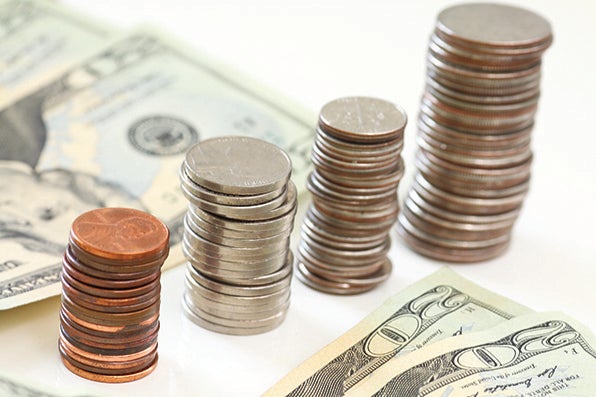Don’t overlook importance of cash
Published 8:00 am Saturday, October 29, 2022
|
Getting your Trinity Audio player ready...
|
If you’re an investor, you no doubt pay a great deal of attention to your stocks, bonds and mutual funds. But you shouldn’t forget another key element of your financial strategy: cash.

Robert Hymel Jr. – Edward Jones financial advisor
Cash is part of any financial strategy and investment portfolio, but how much have you thought about the different uses of cash, and how much you really need? Consider these four key purposes:
Unexpected expenses and emergencies – If you face an interruption in employment, you need an extensive home repair or you encounter an unplanned medical expense, you may need access to cash. If you’re not retired, it’s a good idea to have three to six months of living expenses in cash, possibly supplemented by access to a line of credit. If you’re already retired, keeping up to three months of living expenses in cash, possibly supplemented by a credit line, is a good rule of thumb.
Specific short-term savings goals – You may have some goals you want to meet within the next year or two, such as a wedding, a vacation or the purchase of a new car. And since you have a little more time to meet these needs than you would for an emergency, you might consider using a money market account or a short-term certificate of deposit (CD), in addition to your other savings vehicles.
Everyday spending – You’ll always need cash to provide for your day-to-day spending needs, such as your mortgage, other debts, groceries, utilities, entertainment and so on. If you haven’t already done so, you might want to create a budget, which could help highlight areas in which you can reduce spending to free up funds for investing in long-term goals. If you’re still working, keeping one to two months’ worth of living expenses in a liquid account may be sufficient, but if you’re retired, you may need up to 12 months of living expenses, which you can adjust to accommodate outside sources, such as Social Security or a pension.
Source of investment – You can look at cash as an investment source in two different ways. First, cash can be considered its own distinct asset class, and because it typically behaves differently from other asset classes, it can provide some diversification to a portfolio containing stocks and bonds. (Keep in mind, though, that diversification can’t guarantee profits or protect against all losses.)And second, the cash in your portfolio could be used as part of a systematic investing strategy in which you put set amounts of money at regular intervals into investment vehicles that are appropriate for your goals and risk tolerance.
Clearly, cash is an important part of planning for the future, but there can be too much of a good thing. While cash may seem like a perpetual safe harbor from the stormy investment seas, it is not without risk. If you hold too much cash, you could underfund your longer-term investments — the ones with the growth potential you need to reach some of your most important goals, such as a comfortable retirement.
Put your cash to work. By using it wisely, you can add a valuable element to your financial picture.
Edward Jones financial advisor Robert Hymel Jr. can be reached at 985-652-5054 or 299 Belle Terre Blvd. Ste. 1A in LaPlace.





